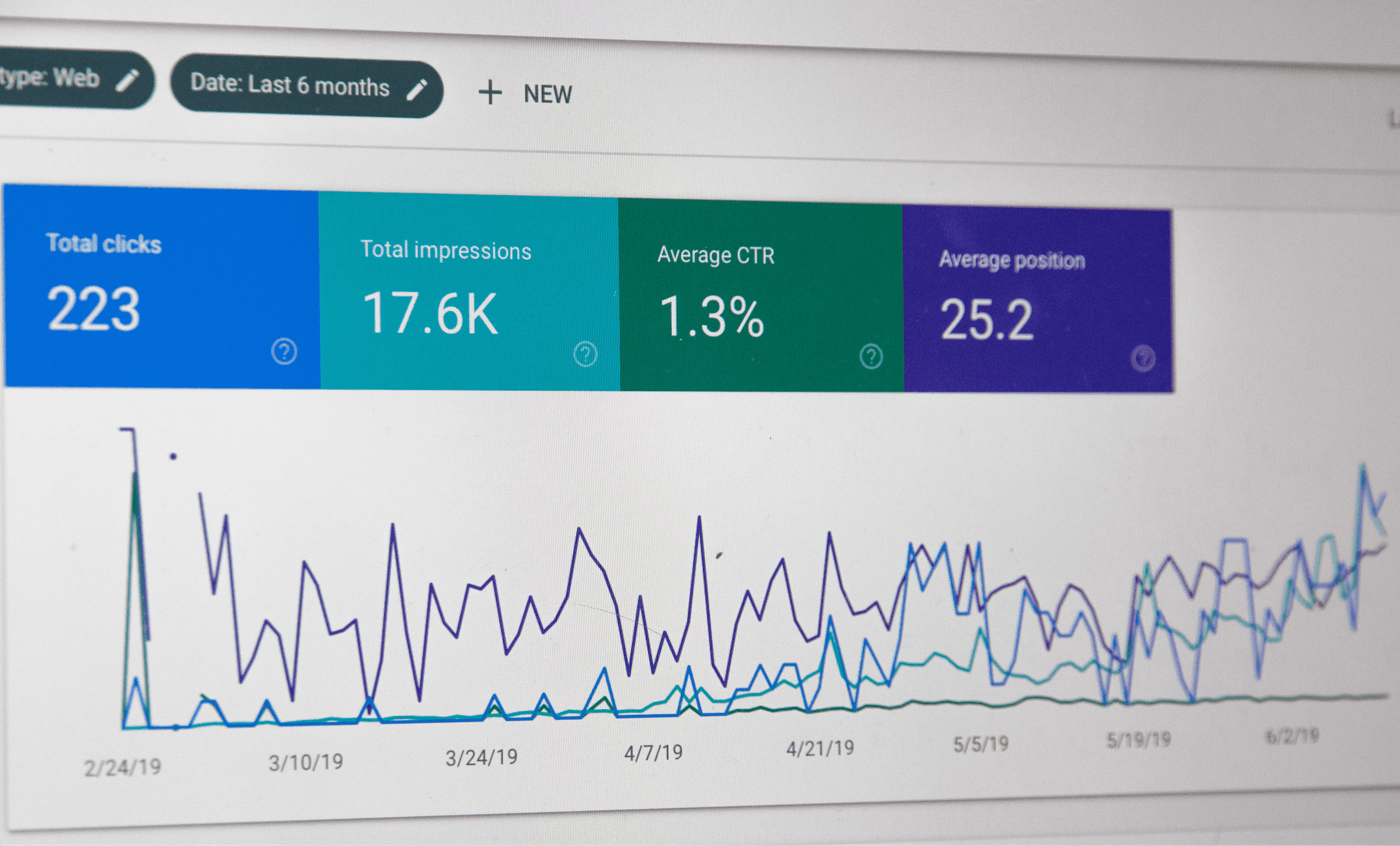4 Differences Between Freelancing and Owning a Business

When I first started working in web design, digital marketing, and brand strategy, I was a freelancer. This helped me to discover my passion for all that is creatively digital and business involved. I decided to turn my job into a company called SeedX Inc.
You might be answering, what the heck is the difference? Here’s a quick few points to clear this up.
1. Your Business Gets Paid — Not You
When you own a business, typically the prices you charge per hour or per project are higher than those you would charge if you were working alone as a freelancer.
At first you might think, “Woohoo, I’m getting a raise!” However, this is not necessarily true.
When you’re a freelancer, all of the money you take in (besides what you should be saving for tax season) is yours to do whatever you’d like with.
As a business owner, the business gets paid, not you. In fact, you get paid last.
You must pay salaries first to people working with you, advertising costs, professional services costs, and any other business related costs before deciding what your salary should be.
Further, you should always have money in the business account for expansion and for just in case.
2. You Should Be Able to Get Hit By a Car
Let me explain. When you are a freelancer, all of the work you have is done by you. As a business owner, you should be striving to make it so that if you were hit by a car, none of the projects you are working on would suffer.
Your team should be set up so that there is a smooth system in place for how business works. For example: one person collects leads, another or the same person closes them, they hand the project to a project manager, and that person assigns a back-end developer, front-end developer, and designer to the project and manages the team.
You as the business owner should be in charge of building relationships, a strong brand, and the future of the company.
At first, however, you might be doing half or all of these jobs, and that’s okay too. It is important to work towards having a system in place to build a larger and stronger organization.
3. Legal Differences
Then, of course, there is the legal aspect of owning a business.
As a freelancer, you are technically an “independent contractor” and fill out a 1099 during tax season. As a business owner, you are either an LLC, incorporated, or what have you, and you have to deal with all of the legal rules and documentation that comes along with it.
4. Self Management
As a freelancer, you must be a master of yourself in order to succeed. You need to be determined, disciplined, and focused.
As a business owner, you have to be even more on top of yourself because you are the example to everyone else who is working with you. Further, at the beginning stages of owning a business, if you are not completely in control of yourself, your business will suffer or fail because everything relies so entirely on you.








